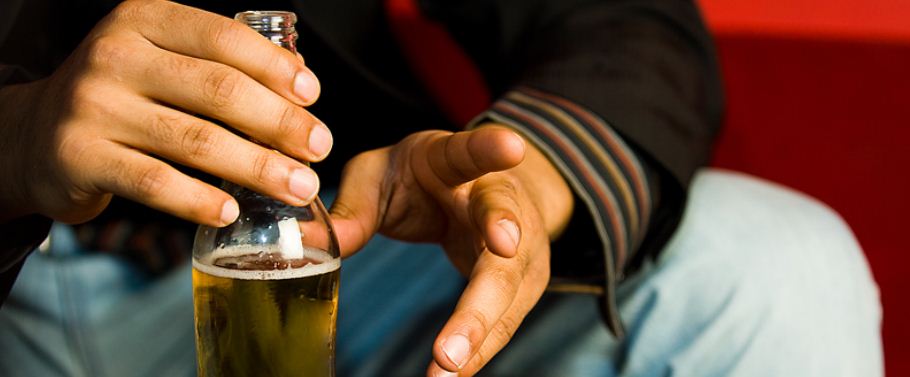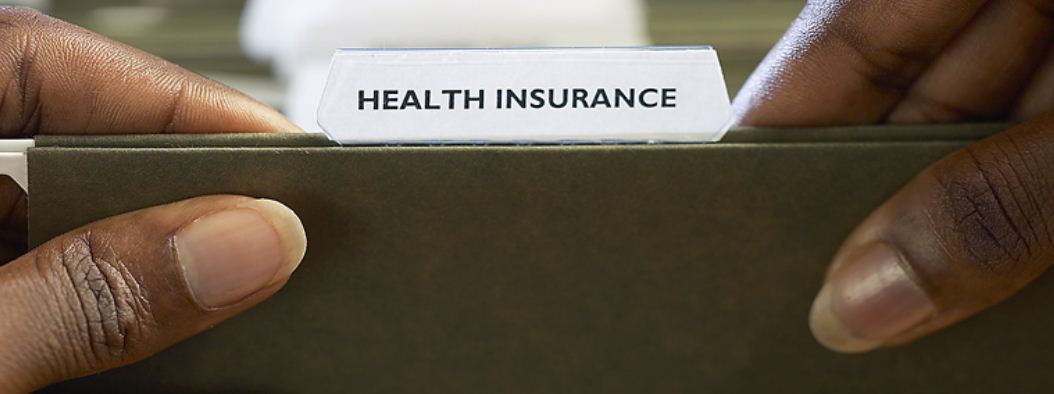How Alcohol Addicted Nigerians Can Put A Stop To The Practice

Alcohol addiction is a condition that results when one engages in constant alcoholic intake for pleasure or as a way of easing pressure which becomes part of such person; interfering with other aspects of his or her life including his personal income.
This is a common practice in Nigeria especially in some states where it is lawful to transact alcoholic substance. The rate at which Nigeria consume alcohol is alarming; this is evidenced by the number of alcoholic related business reigning at various points both urban and rural areas in Nigeria.
How people can be addicted to alcohol
Most Nigerians no doubt became addicts to alcohol with the influence of peer groups; this is not only limited to Nigerians but has also become a major issue across Africa and the entire world.
Both girls and boys, men and women all fall a victim to this, but the majority of victims are the males; it is most common for men to have or join one interest group or the other such as social clubs, trade union, meeting, and organizations.
These groups are good and in most times have a good reason and target but it is still one of the places where you can see men drink themselves to death during some of this social gatherings.
It is also good to know that the addiction of alcohol in Nigeria was sky rocketed by the presence of some popular brewery plants in Nigeria such as Nigerian Brewery Plc., Guinness Nigeria Plc., Sab Miller Nigeria etc., which has led to a heavy consumption of alcoholic beverage products by some Nigerians on noted brands like Heineken, Star, Gulder, Life Lager and Legend Extra Stout, Trophy Beer, Top Beer, Guinness Stout, Goldberg, Harp Lager, Hero beer and more.
There are numerous other reasons and incidents that can actually make one become addicted, such as family problems, frustration, bad groups, and more.
Why alcohol addiction is difficult to stop
A whole lot of times, addicts who try to put a stop to this irresponsible habit find themselves going back to the practice a few days later.
To some persons, it might seem easier to stop immediately, but it isn’t; alcohol contains what is known as ethanol which is quite addictive and its continuous intake releases to the brain dopamine and endorphins, which are chemical substances that give the brain a feeling of happiness and joy.
And that is why men who drink alcohols believe it makes them feel happy and forget their sorrows or worries.
But what they didn’t know is that when they try to stop, the same brain tends to give them the notion that they might die or can’t live without it.
How to stop alcohol addiction
Nigerians addicted to alcoholic beverages who want to put a stop to this habit should follow the directives below.
- Self determination
You can only liberate yourself from alcohol addiction if you are determined, therefore, you have to fully convince yourself that you sincerely want to stop the habit. This self-therapy if taken will help subsequent therapy work effectively.
- Avoid peer groups and social gatherings
Influence of peer group in alcoholic addiction cannot be rule out. An addicted person who wants to be free should keep away from his or her drinking peers, social gathering and other places where alcohol can easily be accessed.
- Minimize your alcohol intake gradually.
If you cannot stop the habit automatically, you can start by reducing gradually the quantity of your alcoholic intake and the interval as well.
For instance, one who takes three bottles of beer a day can start reducing by taking two bottles daily. At a point, he reduces to a bottle daily, and so on, with time he or she will eventually be free.
- Avoid places where alcohol can be accessed.
Avoid places like bush bars, beer parlour, clubs and other related places where one can easily access alcoholic substance to avoid sipping from a colleague when the stage is high.
- Always keep yourself busy with something meaningful
Furthermore, there is a need for you to occupy your alcoholic time with meaningful things such as reading, watching movies, researching, social networking, sports, and in worse cases meet with a therapist.
- Avoid phone calls of drinking peers during your leisure time
Always place the phone numbers of your drinking peers on call barring when it gets to the drinking time to avoid being tempted to see them after receiving their call.
As we all know that in Nigeria, alcohol addiction does not only affect personal income and makes one irresponsible, but also puts a habitual consumer in the jeopardy of being poisoned by peers or developing kidney and liver related disease.




